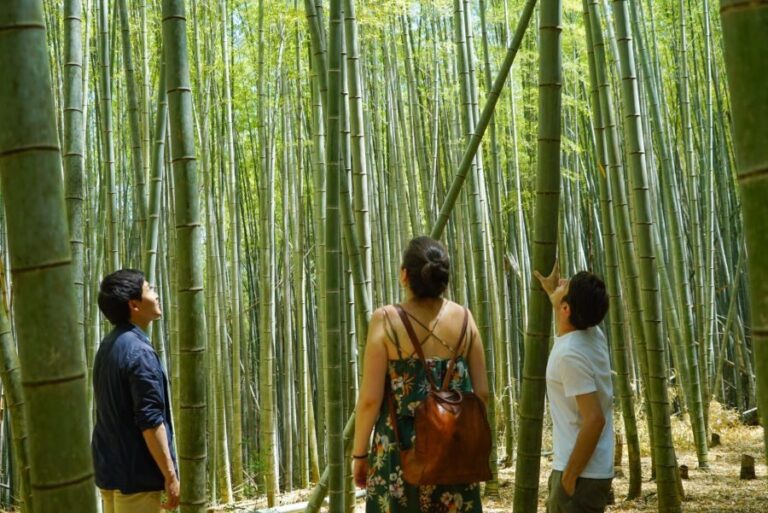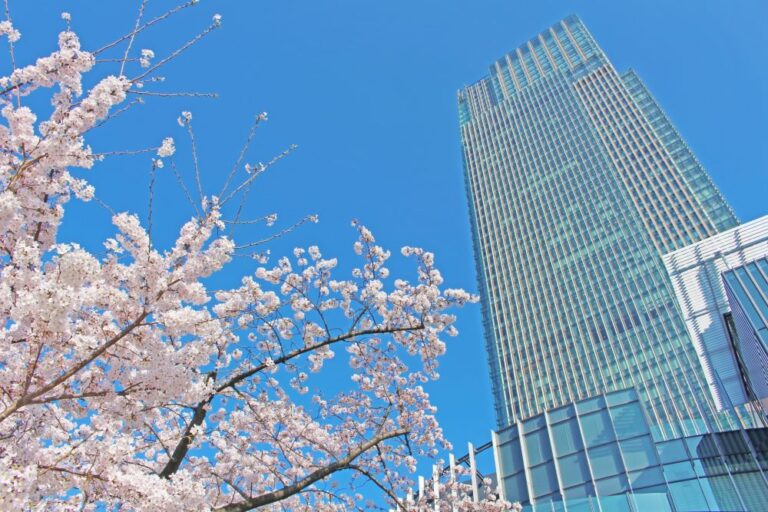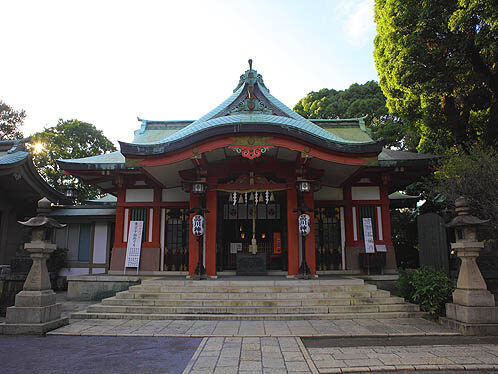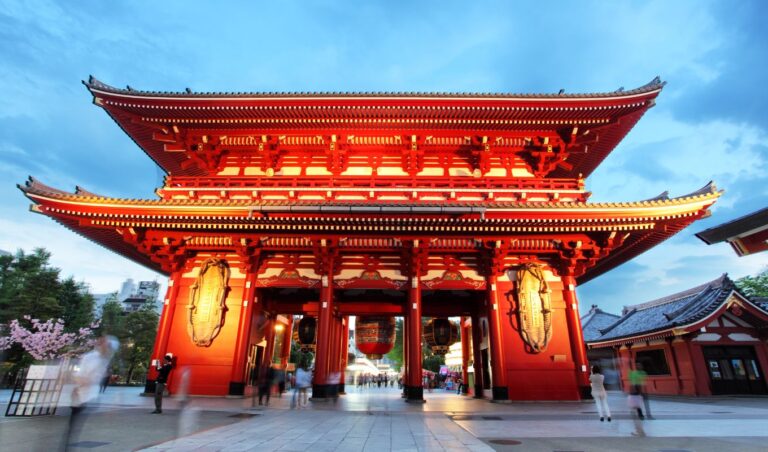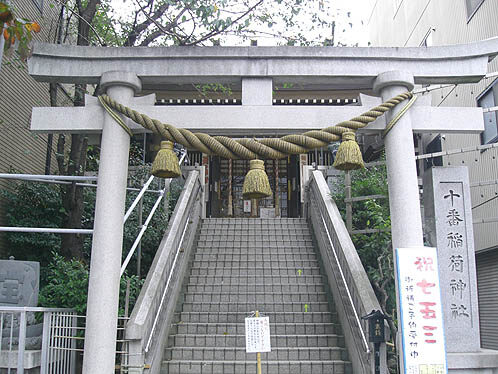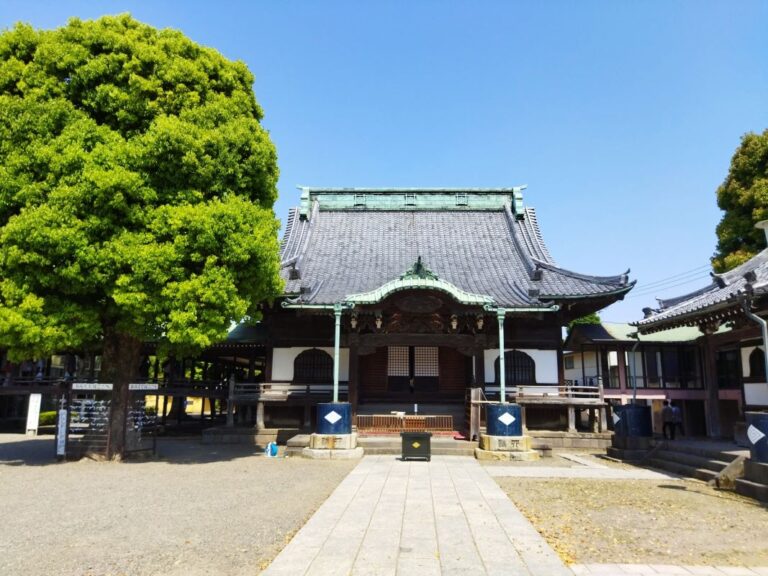Atago Shrine is a beautiful and historic Shinto shrine in Minato, Tokyo, Japan. Established in 1603 by the shogun Tokugawa Ieyasu, the current shrine buildings date back to 1958. The shrine is situated on Atagoyama, which rises 26 meters above sea level, making it the highest point in Tokyo’s 23 wards.
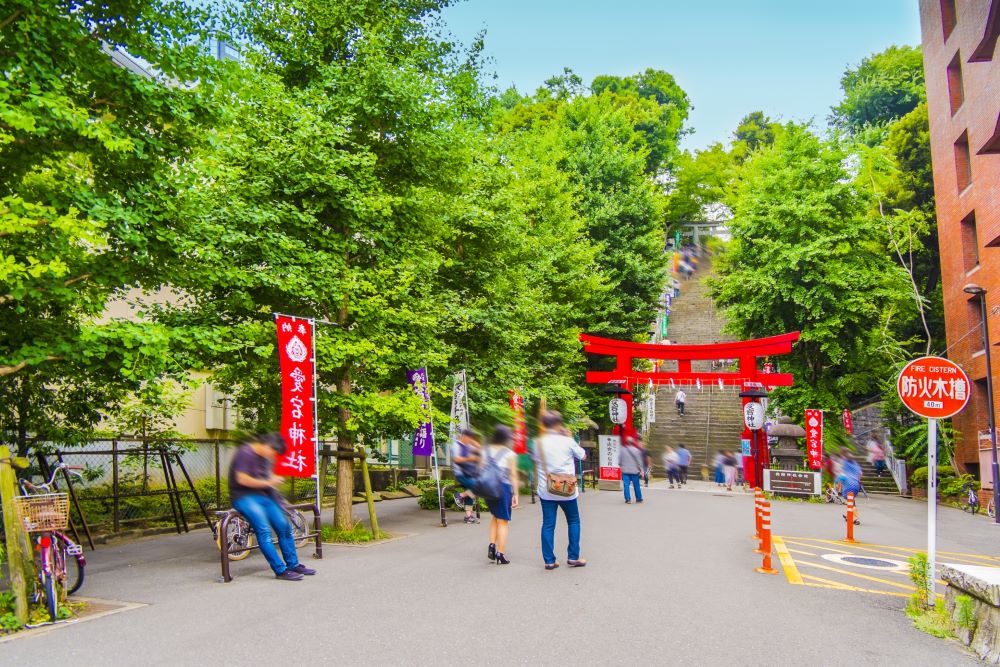
As you climb the 86 steep stone steps optimistically called the “ladder to success”, you will feel a sense of accomplishment and awe. The shrine was built to protect the newly-minted capital of Edo (present-day Tokyo) from fire and disasters, and it has been revered by locals and visitors for centuries. The name of the shrine, Atago, comes from the hill on which it is situated.
History

If you’re interested in the history of Tokyo, a visit to Atago Shrine is a must. The shrine was established in 1603 by shogun Tokugawa Ieyasu, who ordered its construction to protect the newly-minted capital of Edo (present-day Tokyo) from fire and disasters. The shrine was built atop Atago Hill, which rises 26 meters above sea level.
Atago Shrine has a long history of fire prevention. The name “Atago” literally means “loving the peak,” and the shrine is said to protect the city from fires. During the Edo period, the shrine was popular with samurai and commoners alike, who came to pray for protection from fires and other disasters.

The shrine has undergone many changes over the years. The current shrine buildings date from 1958, after the original shrine was destroyed in the Great Edo Fire. Much of the shrine was lost in disasters, including the Great Kanto Earthquake of 1923 and the Great Tokyo Air Raid of 1945. Despite these setbacks, the shrine has been rebuilt time and again and remains a popular destination for all.
Atago shrine is also known for its close connection with the history of NHK (Japan Broadcasting Corporation), as the NHK Museum is on the same Mt.
Architecture
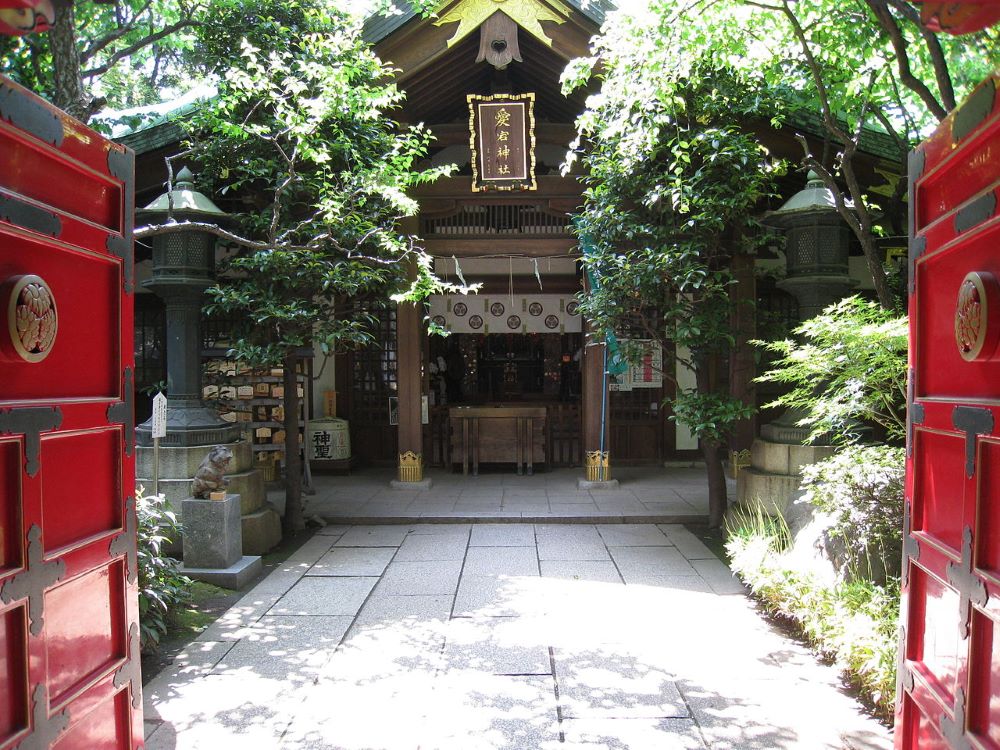
Atago Shrine in Tokyo is a Shinto shrine that was established in 1603 on the order of shōgun Tokugawa Ieyasu. The current shrine buildings on the site date from 1958. The shrine is on Atagoyama, a hill rising 26 meters above sea level.
The shrine’s architecture is a mix of traditional and modern styles. The main hall or Honden is made of wood and has a thatched roof. It is a simple structure with a modest design. The Honden is designated as an Important Cultural Property. The other buildings on the shrine grounds have a more modern design and are made of concrete and steel.
The shrine’s most striking feature is its long, steep stone staircase with 86 steps. The staircase is flanked by lanterns and leads up to the main shrine. Climbing the staircase is a popular activity for visitors to the shrine. It is said that climbing the staircase brings good luck and wards off evil spirits.
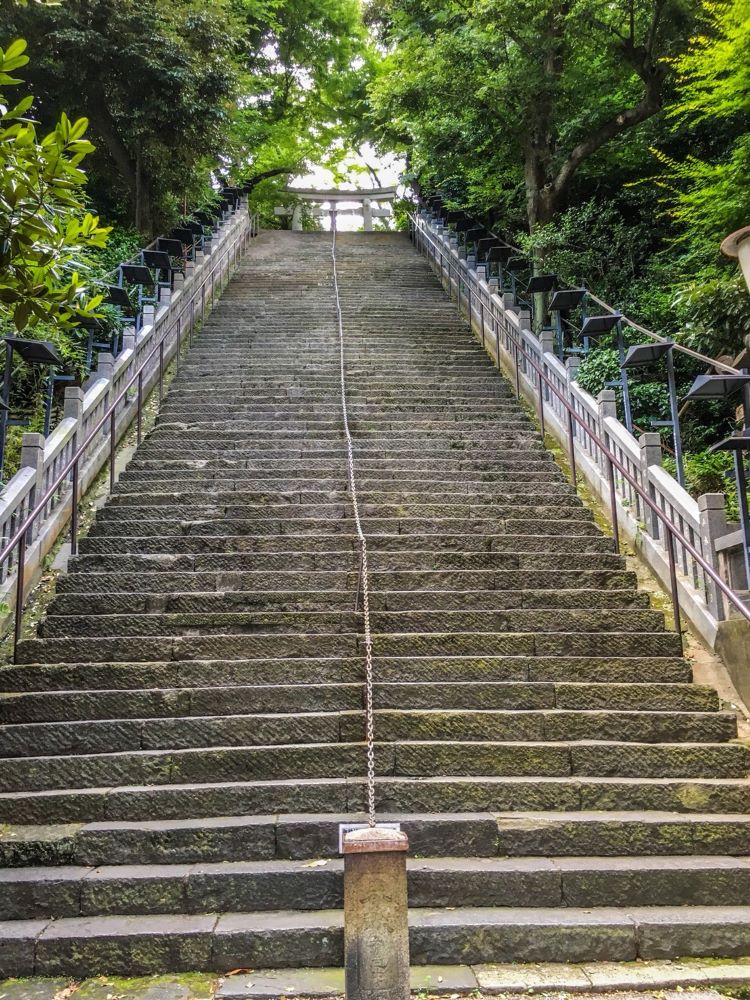
The shrine’s grounds are also home to other structures, including a purification fountain, a komainu (a pair of lion-dogs), and a torii gate. The shrine’s lush greenery and natural surroundings make it a peaceful and serene place to visit.
Significance

Atago Shrine is a significant cultural and historical landmark in Tokyo. The shrine was established in 1603 on the order of shōgun Tokugawa Ieyasu to protect the newly-minted capital of Edo (present-day Tokyo) from fire and disasters. The shrine has since become a popular destination for visitors and locals alike.
One of the most notable features of Atago Shrine is the steep flight of 86 stone steps leading up to the main shrine. These steps are dubbed the “stone steps to success” and are believed to bring good fortune and success to those who climb them. The ritual of climbing the steps has its roots in a young nameless samurai who climbed the steps on horseback to deliver plum blossoms to the shogun Tokugawa Ieyasu. Flowers held plenty of meaning for samurai and were often used to convey messages or express sentiments.
Atago Shrine is also known for its beautiful architecture and serene atmosphere. The current shrine buildings on the site date back to 1958 and are a testament to traditional Japanese design and craftsmanship. The shrine grounds are surrounded by lush greenery and offer a peaceful respite from the hustle and bustle of Tokyo.
Throughout the year, Atago Shrine hosts festivals and events, including the Atago Shrine Festival in May and the Setsubun Festival in February. These events offer a glimpse into Japanese culture and tradition and are a great way to experience the local community.
Overall, Atago Shrine should be on your to do-list for anyone interested in Japanese culture and history. Whether you’re looking for good fortune, a peaceful retreat, or a cultural experience, Atago Shrine has something to offer.
New Years Festival
On New Year’s Eve, a New Year’s Eve Festival is held and barrel sake is served to worshipers. On New Year’s Day, the New Year’s Day Festival is held, and many visitors climb the stone steps known as the “stone steps of success” to the shrine.
The shrine enshrines Homusubinomikoto, the god of fire. The deity’s virtues include fire prevention, disaster prevention, business prosperity, match-making, and success in life.
How to Get to Atago Shrine

The nearest station is Kamiyacho Station on the Tokyo Metro, about a 5-minute walk from the shrine.
It is also a 10-minute walk from Onarimon Station on the Toei Subway Line. Parking is available for approximately 6 cars, but public transportation is recommended.
The Sum Up
Visiting Atago Shrine is a great way to escape from the hustle and bustle of Tokyo. The shrine’s location at the top of Atagoyama Hill gives you a breathtaking view of the city, and the steep stairs leading up to the shrine are a great way to test your physical fitness.
The pond at the entrance of the shrine is a peaceful spot to relax and take in the surroundings. You may even be lucky enough to spot some of the golden koi swimming in the water. The shrine’s history and cultural significance make it a valuable addition to any Tokyo itinerary so why not take a break from the city and climb the famous “ladder to success”?
| Name of Park | Atago Shrine 愛宕神社 |
|---|---|
| Address | 1-5-3 Atago, Minato-ku, Tokyo |
| Access (by train) |
|
| Access (by car) |
|
Where To Stay In Tokyo
Tokyo visitor levels are currently at an all-time high so make sure to book your hotels early. Tip most hotels booked with booking.com have free cancelation so book as soon as you know your date and you can always cancel if you change your mind.

